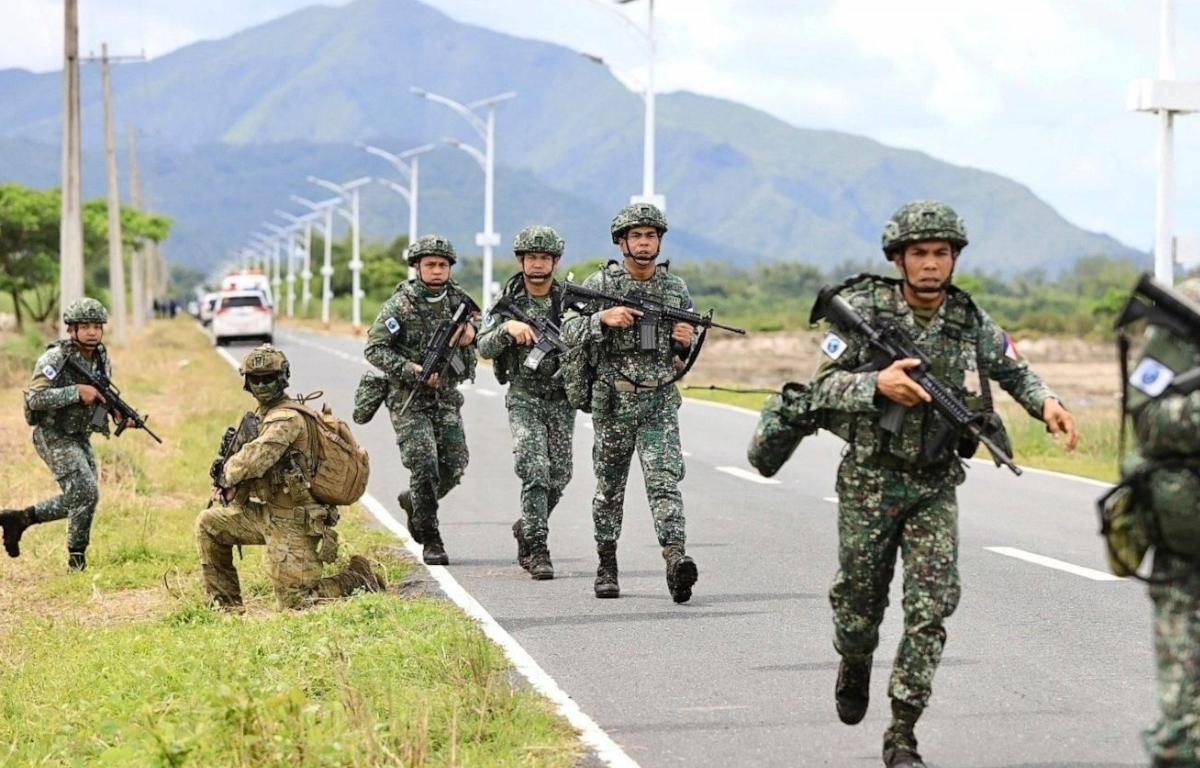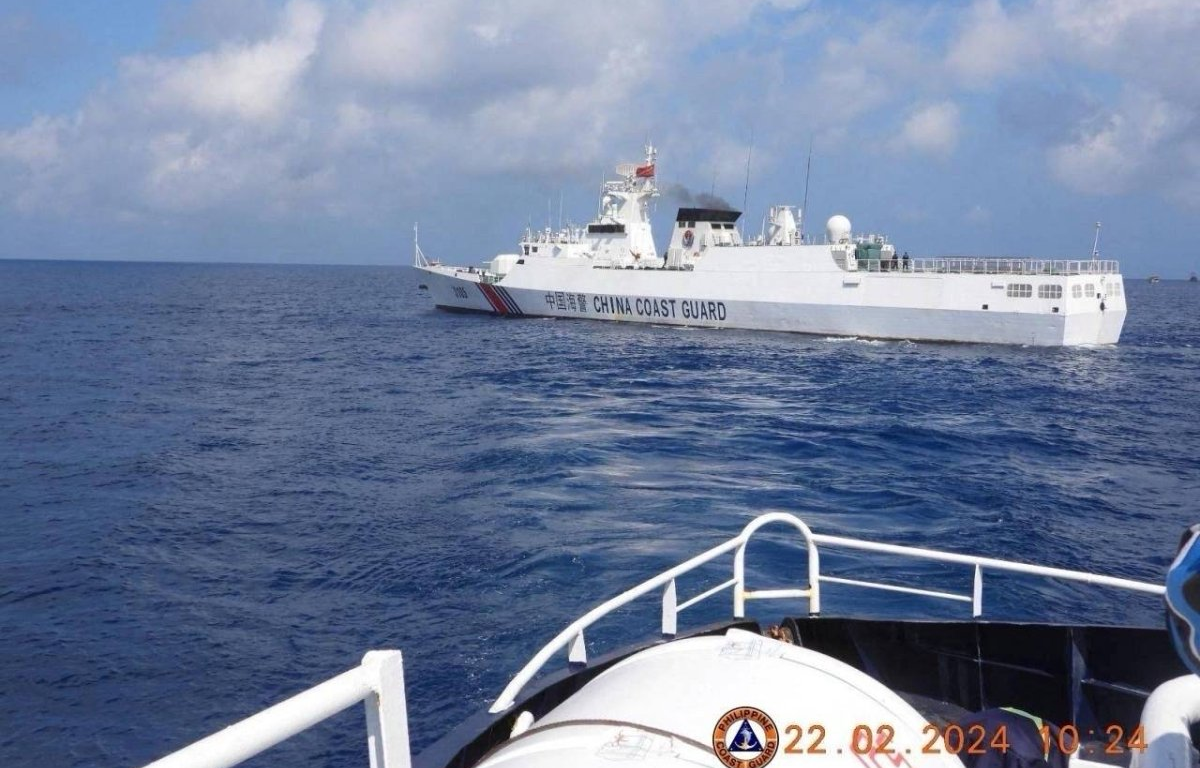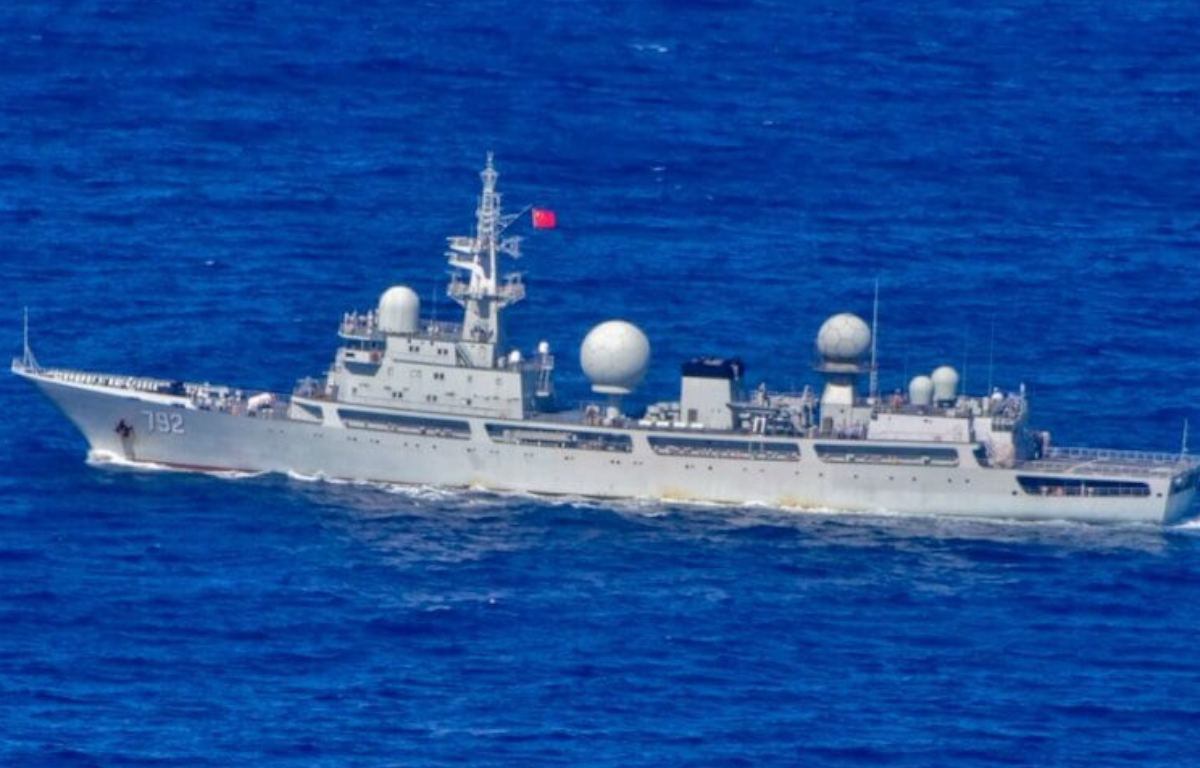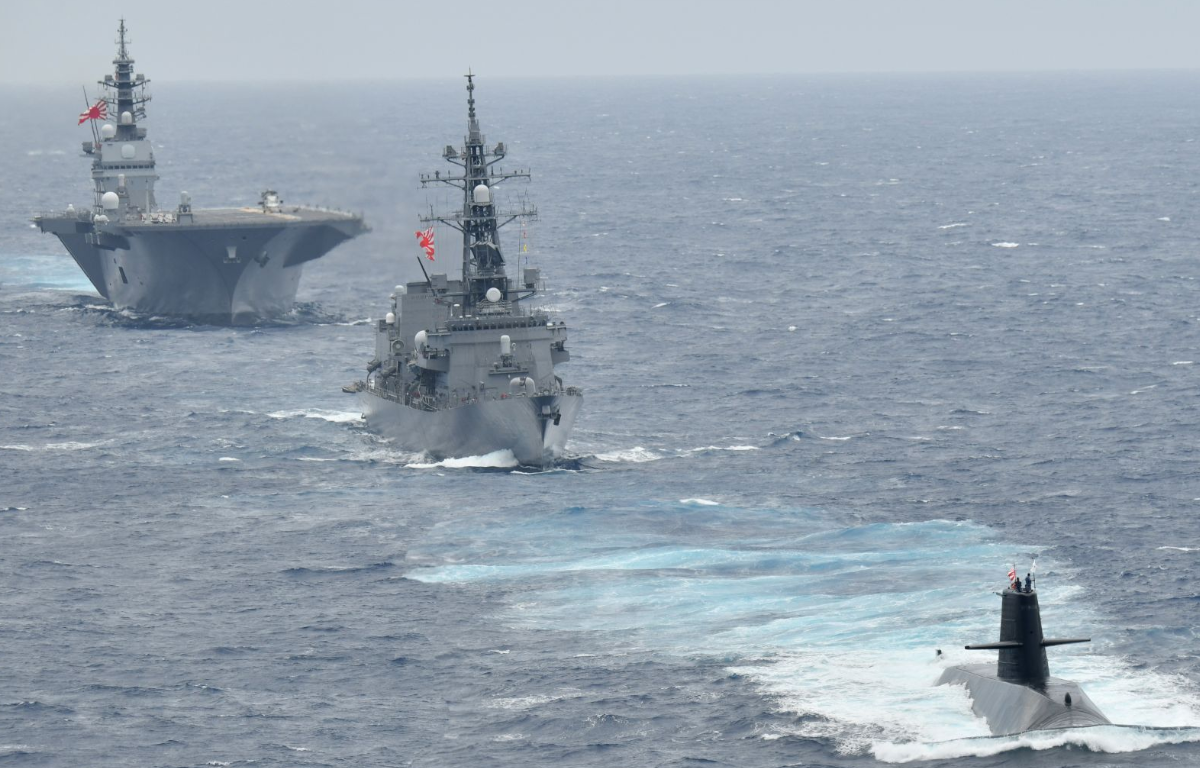
The Ayungin Shoal, known as the Panatag Shoal in the Philippines and Huangyan Island in China, is a tiny yet strategically significant feature in the South China Sea. The Philippines, China, and Taiwan lay claim to this area, citing historical and geographical rights, thus creating a hotbed of contention.
The most recent clash transpired when the Philippines reported that its coast guard ship and a supply boat were allegedly rammed by two Chinese vessels. This took place in early October near the Scarborough Shoal, an area that the Philippines has been trying to access for resupply and maintenance missions.
The standoff at Scarborough Shoal goes back several years, becoming especially heated in 2012 when the Philippines sought to apprehend Chinese fishermen in the area. Despite international efforts to mediate the dispute, it continues to fester.
The recent encounter unfolded when the National Task Force on the West Philippine Sea (NTF-WPS) disclosed a Chinese attempt on October 4 to halt a resupply mission – a mission the military dubs “routine rotation and re-supply (RORE)” – to support troops stationed on the Sierra Madre.
In the face of numerous China Coast Guard (CCG) and Chinese Maritime Militia vessels endeavoring to obstruct, harass, and interfere with the standard RORE operation, Philippine supply ships Unaizah May 1 and Unaizah May 2, under the protective escort of Philippine Coast Guard vessels BRP Cabra (MRRV-4409) and BRP Sindangan (MRRV-4407), heroically reached BRP Sierra Madre, as reported by the NTF-WPS.
The NTF-WPS reiterates that these resupply missions for troops stationed on the Sierra Madre and the maintenance of the grounded warship are rooted in international law and constitute regular operations aimed at ensuring the safety and well-being of soldiers stationed on this remote outpost.
The NTF-WPS further emphasizes that these missions are not only in compliance with the United Nations Convention on the Law of the Sea and the 2016 Arbitral Award but also align with domestic laws. The Philippines remains unwavering in defending its sovereignty and protecting its interests in the West Philippine Sea.
In a separate development, Speaker Martin Romualdez led a group of lawmakers on a visit to Pag-asa Island in Palawan. There, they pledged support for a comprehensive “development plan” for the island municipality, signaling a proactive approach to asserting the Philippines’ presence and capabilities in the South China Sea.
Speaker Romualdez, along with Majority Leader Manuel Jose Dalipe, Minority Leader Marcelino Libanan, and Rep. Zaldy Co (Ako Bicol party-list), outlined an ambitious agenda, including plans to construct a solar energy plant, ice and cold storage facilities, a desalination plant, satellite-based communication facilities, and to provide vital seafood-based livelihood training. As they make final amendments to the 2024 General Appropriations Bill, Speaker Romualdez pledged to allocate funds for critical infrastructure on Pag-asa Island.
China’s acts of intimidation have not gone unnoticed, with international condemnation echoing across the globe. The U.S. Department of Defense recently denounced China’s continued militarization in the South China Sea, reaffirming its support for the Philippines and other Indo-Pacific Region nations.
At a recent hearing of the House foreign affairs committee’s subcommittee on the Indo-Pacific, Deputy Assistant Secretary of Defense for South and Southeast Asia, Lindsey Ford, praised the Philippine government’s bold stance against China’s aggression, particularly its removal of the floating barrier in Panatag Shoal.
In the face of such aggression, the Philippines remains resolute and unwavering, asserting its sovereignty and rights in the South China Sea while calling for international support and diplomacy to ensure peace and stability in the region.










Share this: